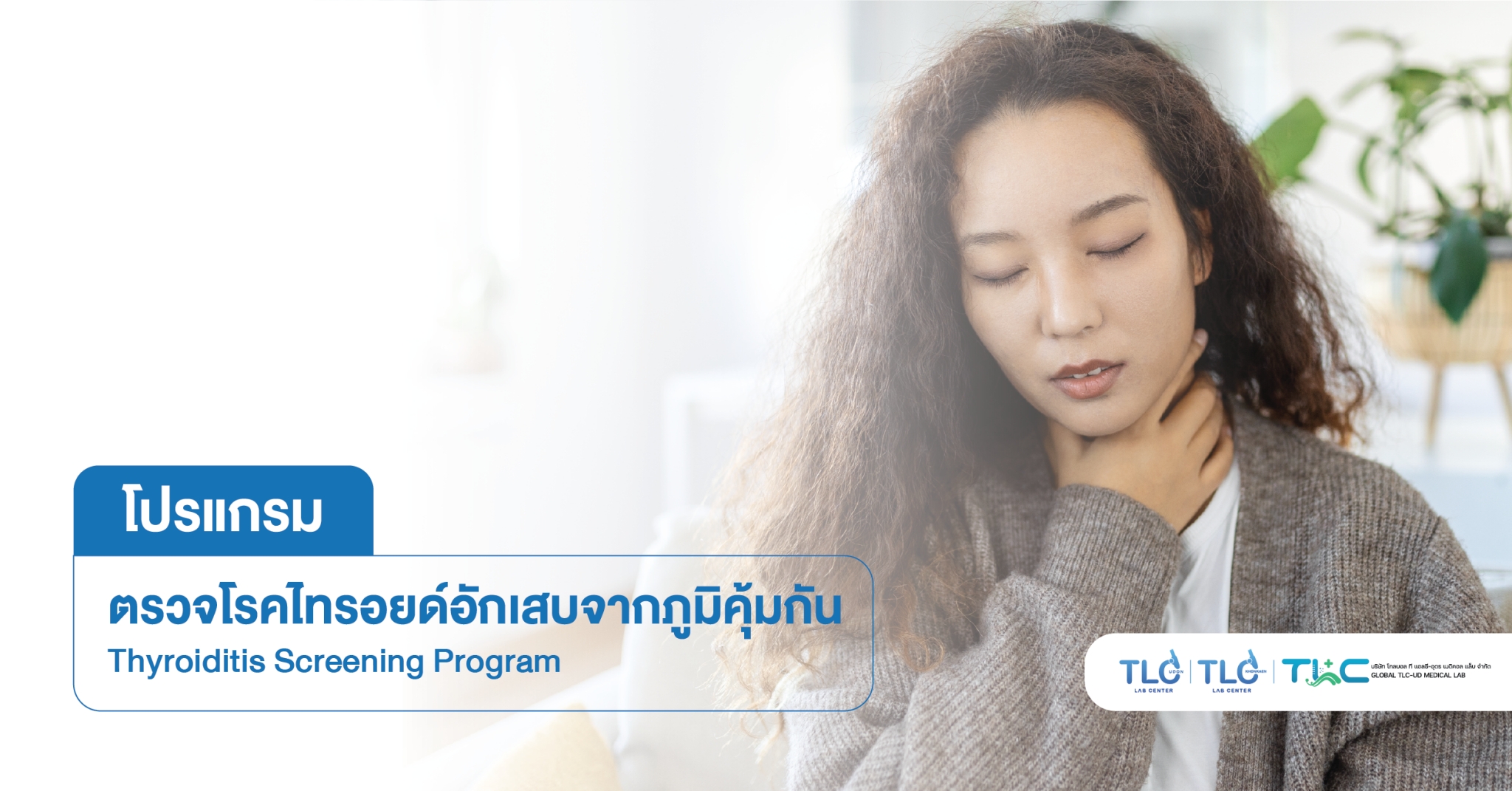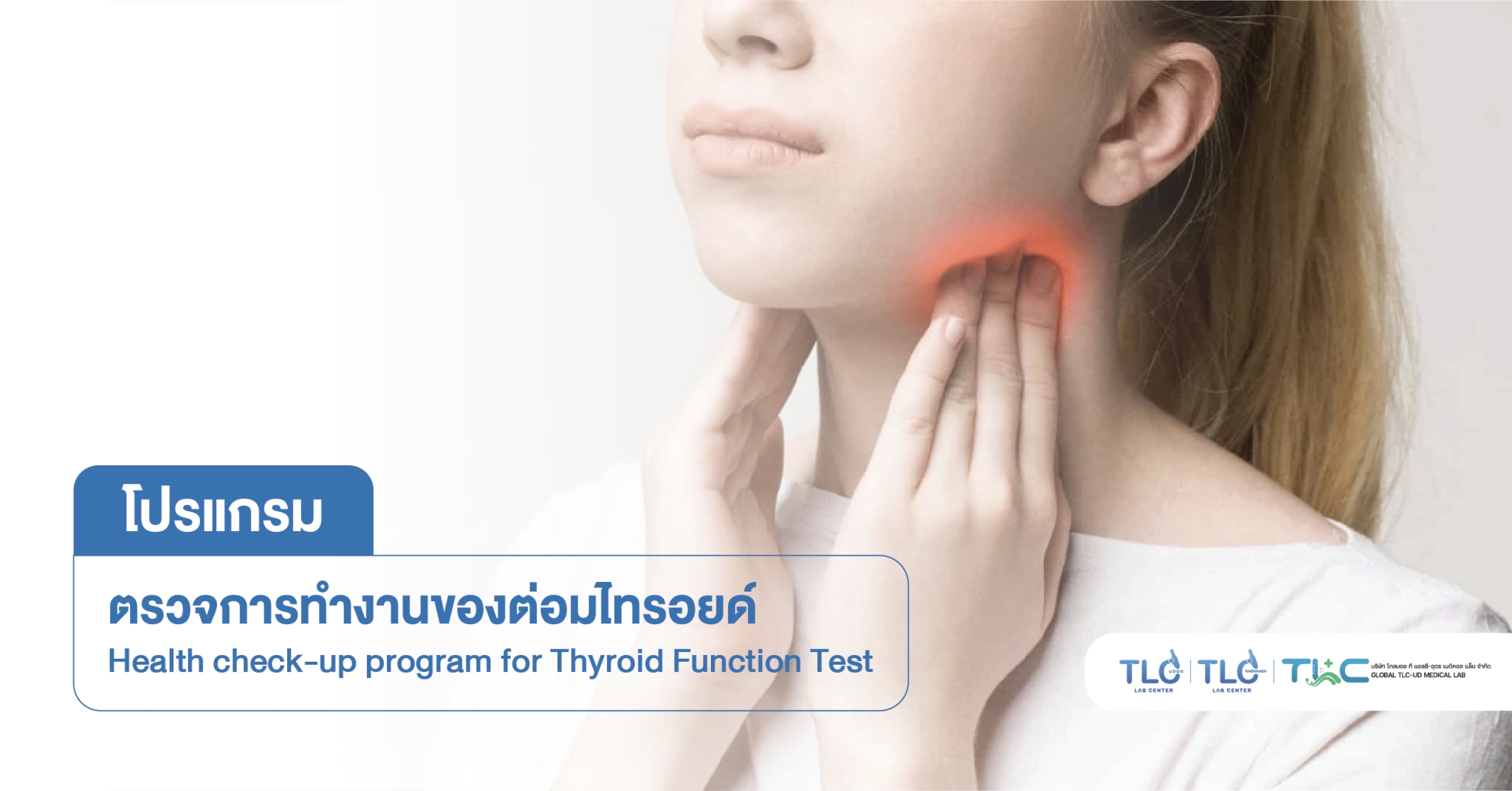The thyroid gland is responsible for producing thyroid hormones, which regulate metabolism and the body’s metabolic processes. In infants, thyroid hormones play a crucial role in brain development, while in adults, they are directly involved in metabolism, helping convert nutrients into energy for the body’s cells. If the endocrine system malfunctions and produces too much or too little hormone, it can affect various bodily functions, particularly the heart and brain. It can also impact the health of the skin, nails, and hair. Thyroid disease can manifest in various ways depending on the type of thyroid disorder. This article specifically discusses chronic autoimmune thyroiditis.
Autoimmune Thyroiditis
The thyroid gland plays a vital role in stimulating the function of different organs. Therefore, the body regulates thyroid function to maintain normal thyroid hormone levels. Thyroid inflammation can be classified as either subacute or chronic. Chronic thyroiditis caused by immune system dysfunction includes:
- Hashimoto’s Thyroiditis
- Graves’ Disease
What is Hashimoto’s Thyroiditis?
Hashimoto’s thyroiditis is an autoimmune disorder where the immune system attacks thyroid cells, leading to long-term thyroid hormone deficiency (hypothyroidism). The body gradually loses the ability to produce thyroid hormones. Patients with Hashimoto’s thyroiditis may experience:
- Enlargement of the thyroid gland (goiter) or no noticeable enlargement
- Fatigue
- Weight gain
- Puffy face
- Depression
- Feeling unusually cold
- Unexplained weight gain
- High cholesterol levels
What is Graves’ Disease?
Graves’ disease is an autoimmune disorder affecting the thyroid gland, causing it to produce excessive thyroid hormones (hyperthyroidism). It is a leading cause of hyperthyroidism. Common symptoms include:
- Enlarged thyroid gland
- Rapid or irregular heartbeat
- Thinning and dry hair
- Unexplained weight loss despite normal eating habits
- Fatigue
- Anxiety
- Irritability
Risk Factors for Chronic Thyroiditis
- Age – Chronic thyroiditis is more common in middle-aged individuals (30-50 years) but can occur at any age.
- Gender – Women are at higher risk than men.
- Genetics – Individuals with a family history of chronic thyroiditis have an increased risk.
- Bacterial or viral infections
- Other autoimmune diseases, such as celiac disease, lupus, rheumatoid arthritis, Sjögren’s syndrome, and type 1 diabetes.
- Smoking
- Stress

Laboratory Diagnosis
1. Anti-TPO (Thyroid Peroxidase Antibody) Test
Autoimmune thyroid disorders often result from immune system mechanisms that produce antibodies against the body’s own cells. Anti-TPO antibodies trigger immune responses and are strongly associated with thyroid dysfunction, particularly hypothyroidism. This test helps diagnose autoimmune thyroid diseases such as Hashimoto’s thyroiditis, idiopathic myxedema, and Graves’ disease. High levels of Anti-TPO antibodies are detected in about 90% of Hashimoto’s thyroiditis patients, confirming the autoimmune cause.
2. Thyroglobulin Antibody (TgAb) Test
Autoimmune thyroid disorders often result from immune system mechanisms that produce antibodies against the body’s own cells. Anti-TPO antibodies trigger immune responses and are strongly associated with thyroid dysfunction, particularly hypothyroidism. This test helps diagnose autoimmune thyroid diseases such as Hashimoto’s thyroiditis, idiopathic myxedema, and Graves’ disease. High levels of Anti-TPO antibodies are detected in about 90% of Hashimoto’s thyroiditis patients, confirming the autoimmune cause.
3. Anti-TSH Receptor IgG (TRAb) Test
This test detects antibodies against thyroid-stimulating hormone (TSH) receptors, commonly found in 90% of Graves’ disease patients. These antibodies cause excessive thyroid hormone production, leading to hyperthyroidism.
Laboratory Test Interpretations
- High Thyroglobulin Ab Levels
- May indicate thyroid cancer in patients who have undergone treatment
- Can also be found in Hashimoto’s thyroiditis
- High Anti-TPO Levels
- Associated with Hashimoto’s thyroiditis (autoimmune thyroiditis)
- Found in Graves’ disease
- High Anti-TSH Receptor IgG (TRAb) Levels
- Indicative of Graves’ disease
Autoimmune Thyroiditis Screening Program:
- Thyroid function tests (FT3, FT4, TSH)
- Thyroid autoantibody tests (Thyroglobulin Ab)
- Thyroid autoantibody tests (Anti-TPO)
- Thyroid autoantibody tests (Anti-TSH receptor)













